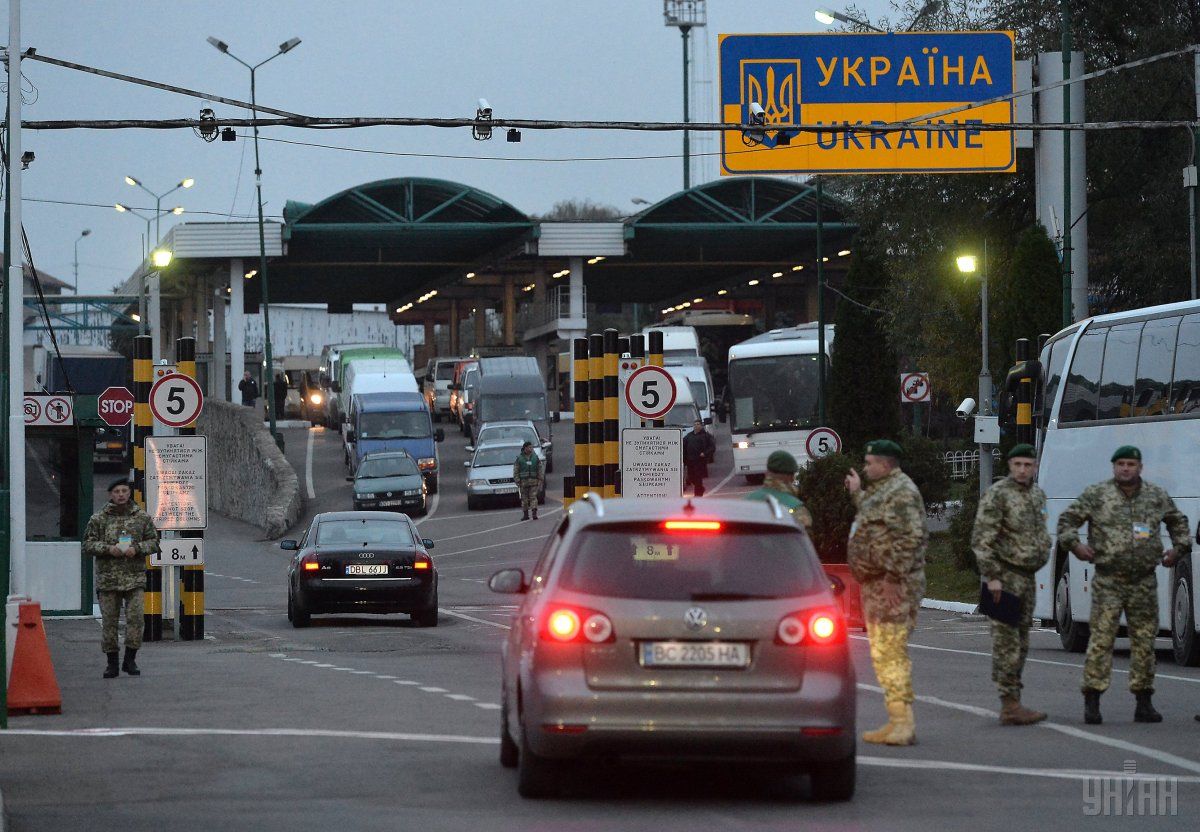
Week's balance: New customs war, currency regulations, and new Supervisory Board in Ukrzaliznytsia
A new customs war: Prime Minister Volodymyr Groysman, anticipating a possible attack on himself, went all-in, deciding to withdraw the Ukrainian customs from under control of the president. The Verkhovna Rada adopted a historic decision - changed the obsolete currency decree by a law declaring the "all is allowed that is not prohibited by law" principle. In one of the most corrupt state companies, Ukrzaliznytsia, elected a supervisory board, which included acclaimed international experts. These are the main economic news of the outgoing week.
The outgoing week was marked by major customs-related developments. In an unexpected move on Monday, Prime Minister Groysman summoned chiefs of law enforcement agencies to discuss the performance of customs offices and the fight against smuggling.
Then on Wednesday, a government meeting took place, which was also almost entirely devoted to the issue topic and resulted in the adoption of a new plan to counter smuggling. Now the work of customs officers will be monitored by the National Police.
In addition, according to the resolution of the Cabinet, the police gained access to customs database. It is believed that the police will share access to it with the SBU's "K" Department, whose operatives earlier had a monopoly on such actions. Although the prime minister thinks differently... He seems to no longer trust the SBU that is directly subordinate to the president: "Over this year, new schemes have emerged that must be tackled harshly, that must be stopped. Today I present a concrete and clear action plan, which we will implement. The leading role in the issue is assigned to the Ministry of Internal Affairs, National Police, and the State Fiscal Service."
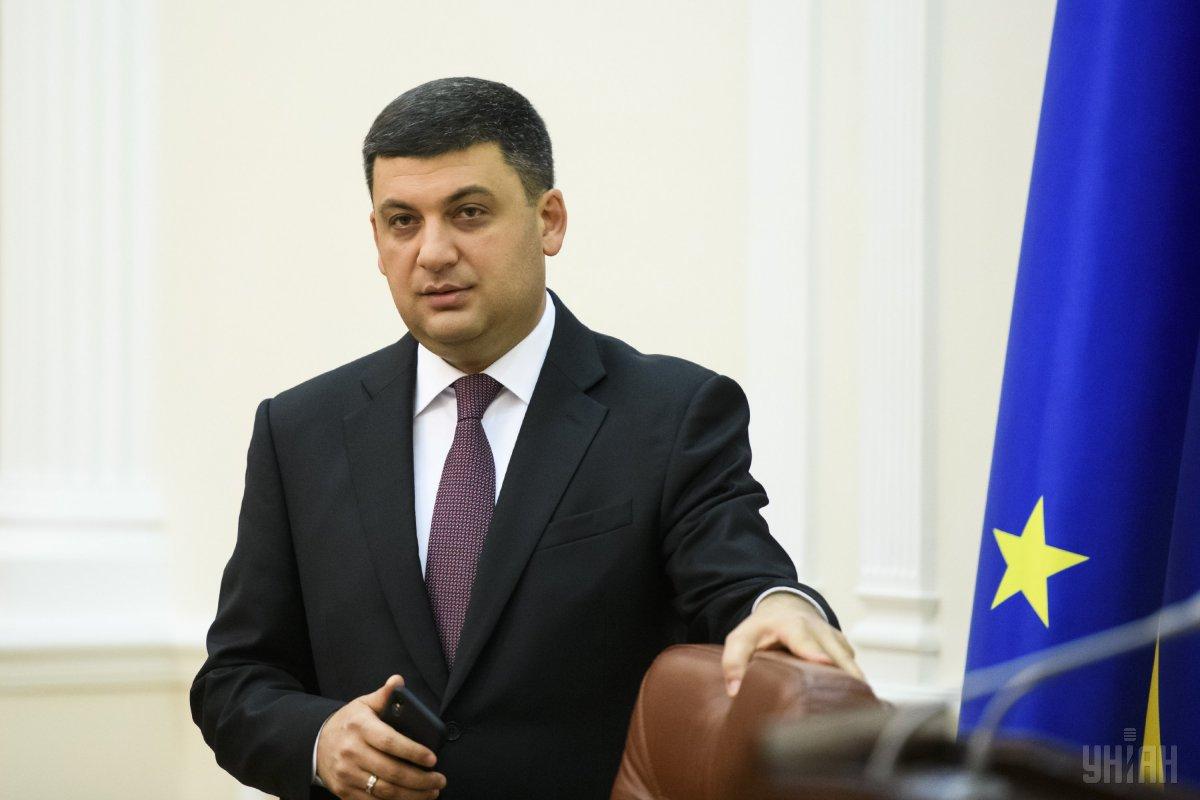
Analyzing the latest developments, experts saw an attempt by the prime minister to take the State Fiscal Service, which includes the customs, out of the control of the president. To succeed in his efforts, the Prime Minister needed help from the Popular Front party, including Interior Minister Arsen Avakov.
"We proposed a system of measures, using the Department of Economic Protection of the National Police and all SFS units, to literally tomorrow start pressure on smugglers to raise additional funds to the state budget," Avakov said Thursday.
It is possible that the Prime Minister was actually forced to go all-in. According to some reports, the SBU began to probe the current SFS head and Groysman's protege, Myroslav Prodan. Apparently, at least two criminal cases were reanimated against him.
The fact that this version is most probable is evidenced by the somewhat veiled statement by the Prime Minister that he is aware of corrupt law enforcers plotting provocations against him personally, as well as against government members.
"I'd like to be heard by those who provide "protection" to illegal businesses and smuggling… I emphasize that these people today are on active service within the law enforcement system. I know that you are discussing my words and my positions on the issue, and my steadfastness. I know that you are preparing provocations against the prime minister, the government, and members of government. I stress that you must all serve the state. Not me, not someone else, but the state. And [you must] fill the state treasury," Groysman said. The statement was clearly addressed to the SBU...
But anyway, it's too early For Groysman to celebrate. After all, on Thursday, Prosecutor General Yuriy Lutsenko criticized the set of anti-smuggling measures approved by the Cabinet, especially the right of the National Police to be present at customs posts.
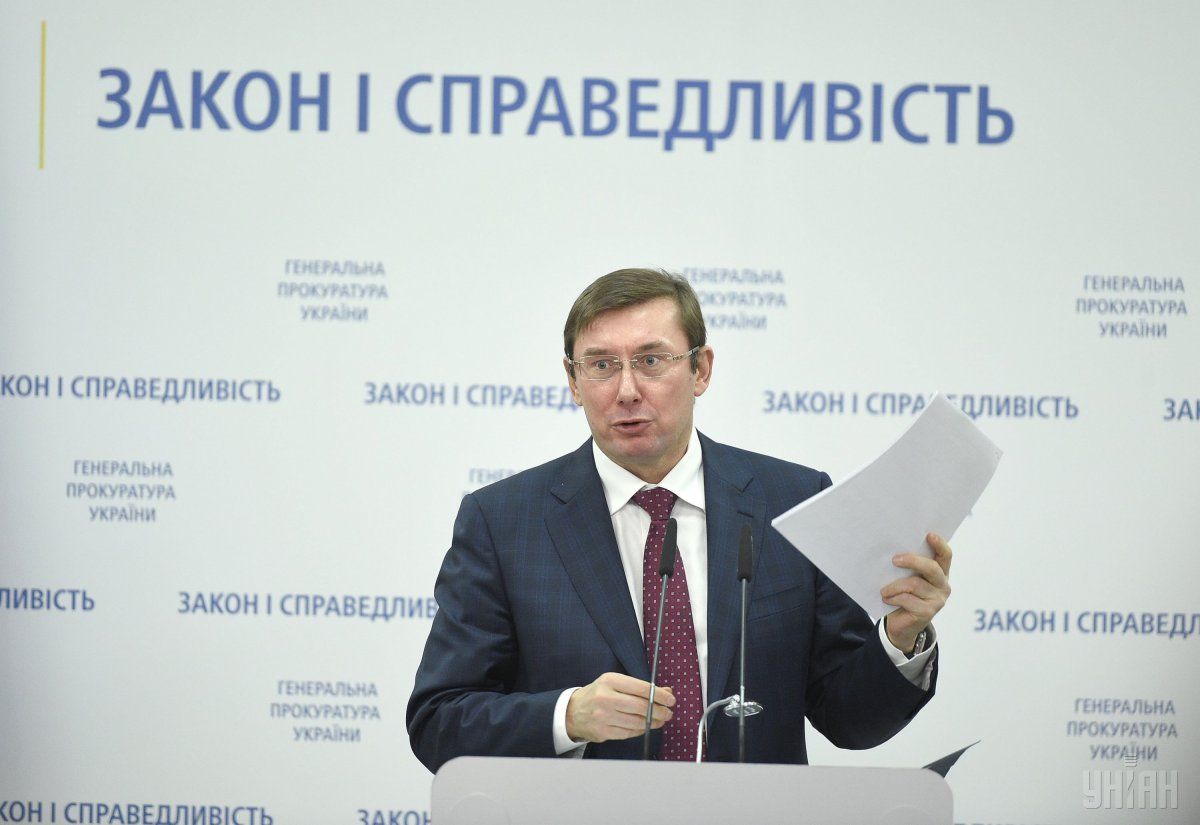
The performance of customs officers and correctness of clearance procedures should be checked jointly, according to Lutsenko, who believes that "this is the only guarantee that there will not be new corruption risks."
According to him, systemic work is needed, first of all "analytical operational cooperation."
"I think that 's what the SFS is lacking. I would like to draw your attention to the fact that for three years, a Customs Service head has not been appointed. The customs service vertical is lacking. Analytical units are in poor state, to put it mildly," said Lutsenko.
Smuggling schemes
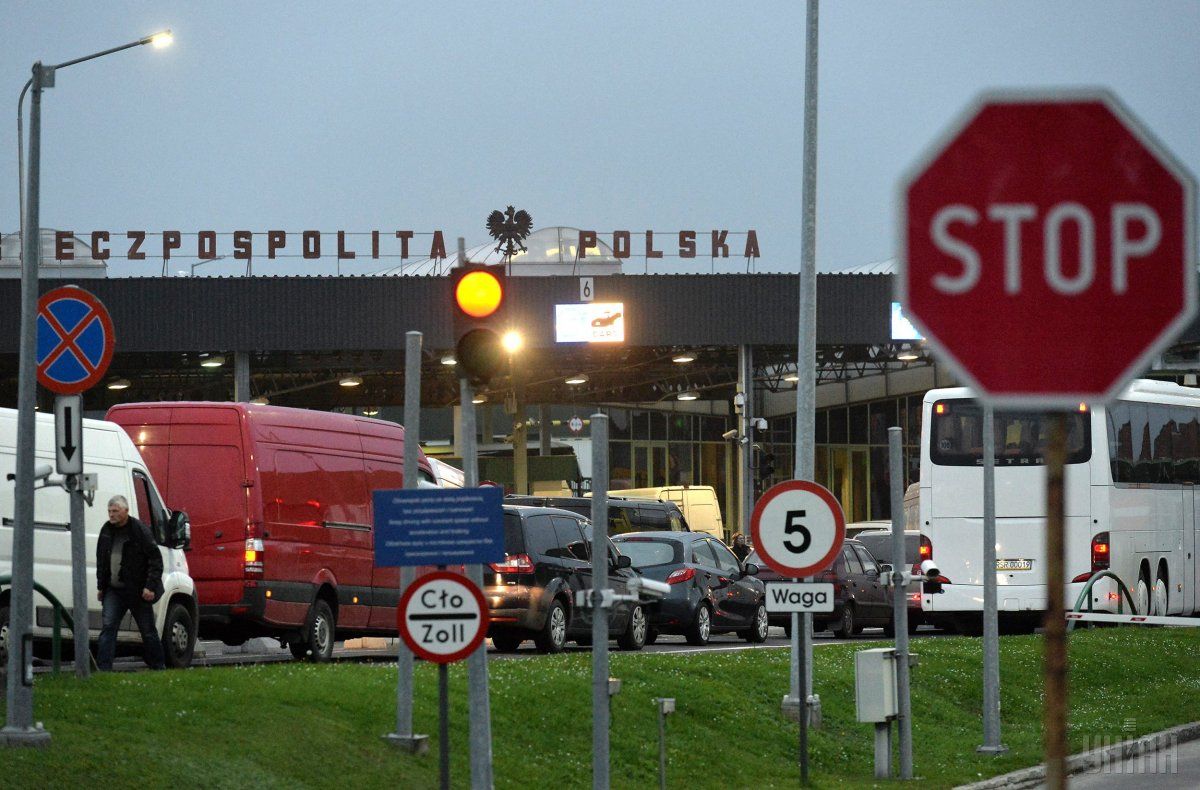
Apparently, the struggle for influence over customs on the eve of the elections is only unfolding. But whatever it boils down to, the authorities will have to tackle the most popular schemes of smuggling.
According to Groysman, scheme No.1 is clearing trucks as empty vehicle, with the involvement of corrupt customs officers.
The next scheme, which drew attention to the prime minister, is the so-called "jackets," where "A big trucj filled with expensive goods is transported by individuals who all declare goods within a duty-free rate per person. Thus, 20 people can import a truck-full of goods without paying anything," explained the prime minister.
He also promised to fight the scheme of substitution of goods between the border and the internal customs offices, where much cheaper goods are cleared instead of those that were initially imported.
In addition, according to the prime minister, perpetrators file false data in their customs declarations, that is the so-called re-sorting with a significant lowering of the goods' customs price.
The prime minister called the next scheme "the sixth method of calculating customs value." "This means that there are five methods that are sufficiently effective, while the sixth one is uncertain," Groysman said, adding that it is often used to hide "gray" imports.
He also mentioned the method using offshore companies and the return of goods by court order. "Documents of violations are sent to the sending country, and there these documents remain unreviewed. Schemers take their goods and actually sell them in Ukraine," Groysman said.
However, the most shocking is the scheme for the imports of petroleum products. Tankers with fuel and lubricants get into Ukraine's neutral waters, then small vessels approach them and pump out the goods. "And then, without customs clearance, without legalization, these products flow to gas stations. This is a multi-billion dollar scheme," the prime minister said.
By the way, Interior Minister Arsen Avakov is already trying to fight with the latter scheme, but so far, unsuccessfully. "Over the past two months we have been chasing these tankers - first they were in the waters of Mykolayiv, then they relocated to Kherson, now they are barraging somewhere in Odesa-Reni area," Avakov said.
New advisory board for Ukrzaliznytsia
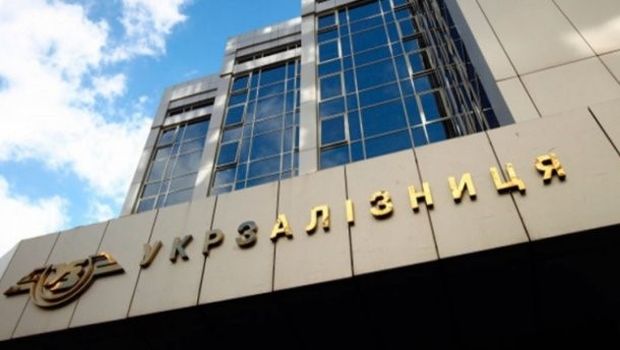
The most corrupt state company - Ukrzaliznytsya - finally gained an independent supervisory board as the Cabinet finally approved its composition. The candidates were selected by the renewed Nomination Committee and by the reformist procedure. The Supervisory Councils of Naftogaz, National Bank and the nationalized PrivatBank have already gone through similar innovations.
The powers of the previous Supervisory Board, all members of which, according to the old legislation, were state officials, expired last year. The functions of the Supervisory Board were executed by the Cabinet of Ministers. As of October 2017, a competition was planned to select, already under the new legislation on corporate governance, according to which the Board gets more extended powers and for the most part consists of independent members. But the competition did not take place back then as no worthy candidates were chosen out of the 50 applications.
Further, the government adjusted the decision on the procedure for selecting heads of the largest state enterprises and independent members of their supervisory boards, which reduced the number of members of the Nomination Committee from 18 to eight. However, this reform shows the leading hand of the government: the committee consists of four representatives of the state and three independent experts with the right of deliberative vote, which the Cabinet is also to approve. The quorum for decision-making can be at least three members, which may well be representatives of the government. In Ukrzaliznytsia, the members of the Supervisory Board now include four independent members and three government representatives:
Independent memebrs are Anders Aslund who is a resident senior fellow in the Eurasia Center at the Atlantic Council; Sevki Acuner who is an ex-Director of the European Bank for Reconstruction and Development (EBRD) in Ukraine; Christian Kuhn who is a member of the supervisory board of Lithuanian railways, a member of the board of directors of Kazakhstan railways; and Mathieu Andreas who until recently was senior advisor to Austria’s OMV oil company.
The Government approved nominations of Deniel Bilka, Director of Ukraine Invest; Kostyantyn Marievych who is a member of the supervisory board of Trunk Gas Pipelines of Ukraine; and Ivan Yurik who used to be a chief at Blackstone's Ukraine offfice.
The Supervisory Board, according to the new legislation, will approve the company's development strategy, monitor the management efforts and financial flows, as well as corporate policy. The officials are likely to receive decent salaries, established by a Cabinet resolution with a ceiling of UAH 6 million.
Pre-holiday Rada
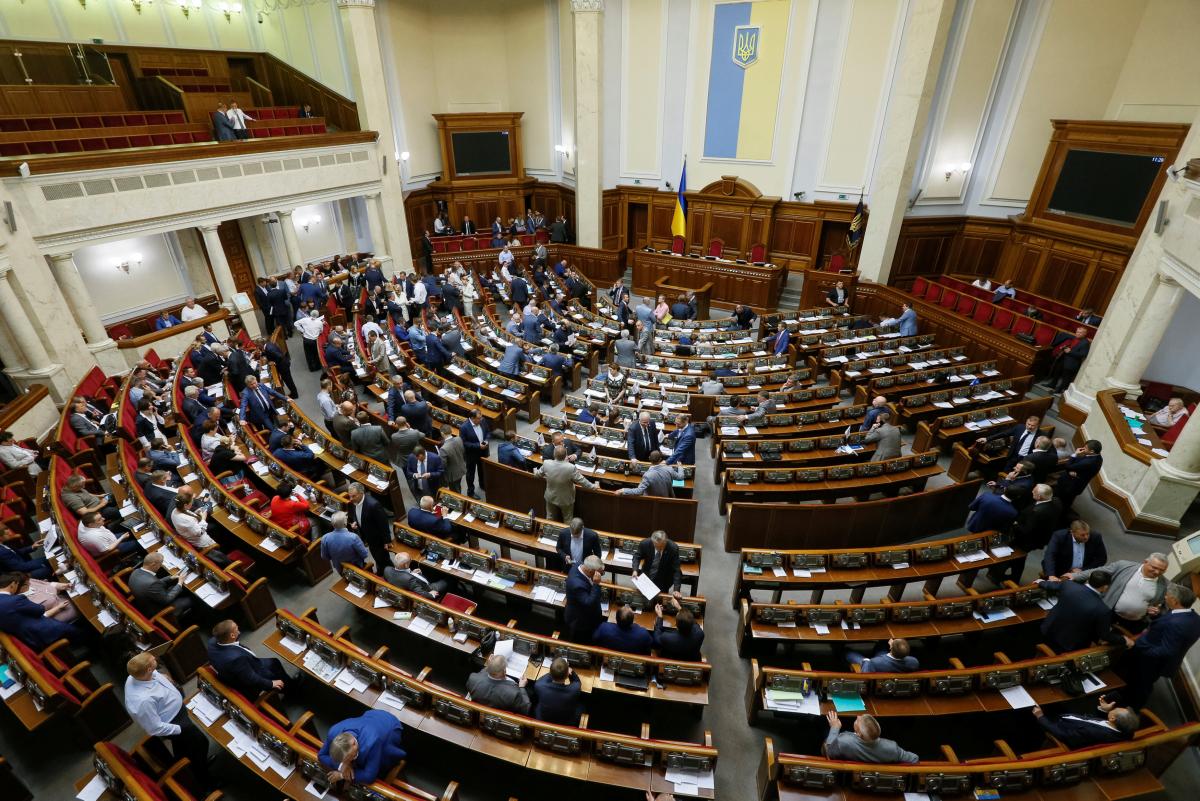
More news this week came from the Verkhovna Rada, which obviously became more active on the eve of the holidays, starting on July 14.
The parliamentarians adopted by a majority vote presidential bill "On the establishment of the High Anti-Corruption Court". This is a purely technical document that allows starting procedures for the actual creation of this body and holding a competition for judges. At the same time, a scandal broke out around the very law on the Anti-Corruption Court, which from June 14 had come into force. The loophole allows the already-investigated corruption-related cases be appealed in general jurisdiction courts of appeals rather than in the ACC's appeals chamber. This "know-how" could as well help corrupt officials escape punishment. In addition, as explained in the NABU, the amendment can nullify the efforts of detectives over the past three years, as a large number of criminal proceedings against top officials will remain entirely outside the jurisdiction of the anti-corruption court.
This legislative "error" caused a storm of criticism both from domestic experts, and from the EU, United States, and IMF. They all agree that this provision completely negated the effectiveness of the work of the High Anti-Corruption Court. They demand that the provision be withdrawn from the document. Verkhovna Rada Chairman Andriy Parubiy had not ruled out that the deputies would do this on June 21, but the legislators chose not to. While the issue remains open, so does the allocation by the IMF of the next tranch, as one of the main requirements for a continued cooperation program is the adoption of a full-fledged law on the Anti-Corruption Court.
A breakthrough in the financial market of Ukraine can be called the bill adopted by the Rada "On Currency and Currency Operations." Finally, the country will live in line with the civilized currency rules, and not by the decree 'On the system of currency regulation and currency control' of 1993, which has ling ceased to correspond to today's realities that imply the principle of "everything that is not directly prohibited by law is allowed."
Under the new law, banks will be able to conduct currency transactions without additional licenses, businesses – to receive loans from non-residents without their registration, and citizens – to invest abroad without individual NBU licenses. Also, the law will abolish the maximum deadline for settling export and import contracts for businesses within 180 days as well as sanctions for violations in the form of a fine of 100% of the amount of the operation and prohibition of foreign economic activity.
In addition, currency control of small settlements shall be abolished, leaving only operational financial monitoring of operations in the amount of UAH 150,000.
The National Bank called the adoption of the law a historical reform of the currency regulation, which makes it possible to freely conduct currency transactions without restrictions, which will be phased out gradually so as not to disrupt financial stability.
The "currency" law will come into force after seven months of the transition period, over six of which the regulator will finalize its normative legal acts and publish them.
The Verkhovna Rada adopted the National Security Bill, which defines the principles of state policy on national security and defense: integration into the European political and economic legal space; membership in the EU and NATO; and development of equal and mutually beneficial relations with other states. In addition, it opens up new opportunities for military-technical cooperation with our allies, also concerning the supply of modern defense equipment.
However, this law has some negative nuances to it, as well. The Rada did not support the amendment to create a unified database of natural gas consumers, which would significantly reduce the share of the so-called "dead souls", that's when regional gas distribution companies cheat with gas volumes using fake customers.
The parliamentarians were not at all bothered with the fact that Naftogaz is suffering multi-billion losses due to the lack of information about consumers, which the regional gas companies deliberately conceal. According to Naftogaz CEO Andriy Kobolyev, the number of "dead souls" in Ukraine is 10% of the total number of natural gas consumers.
It only remains to be added that the lion's share in the market for distribution and supply of gas for the needs of the population falls on Group DF - the group of companies owned by Dmytro Firtash.
Alina Savetyuk

